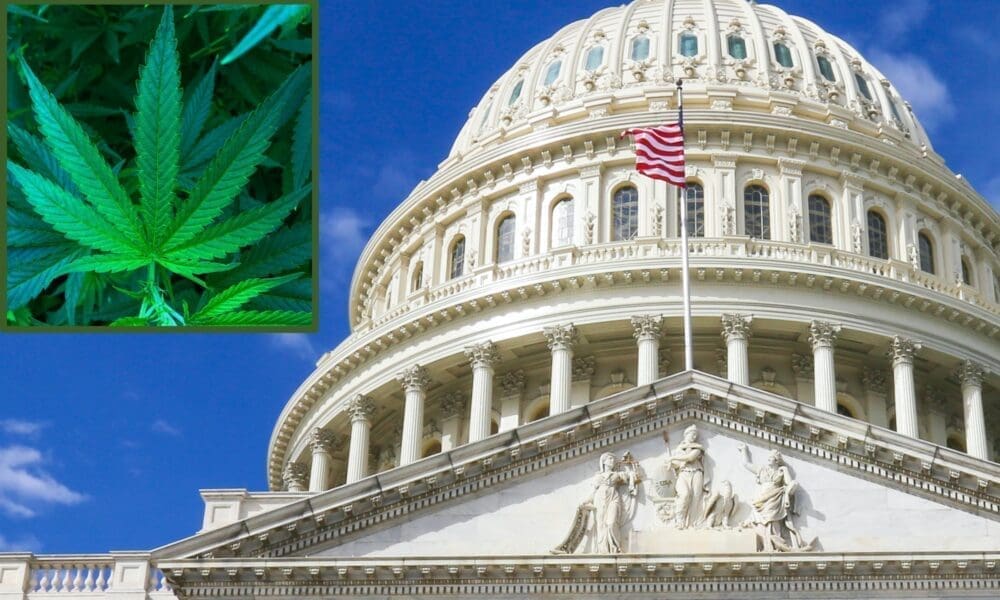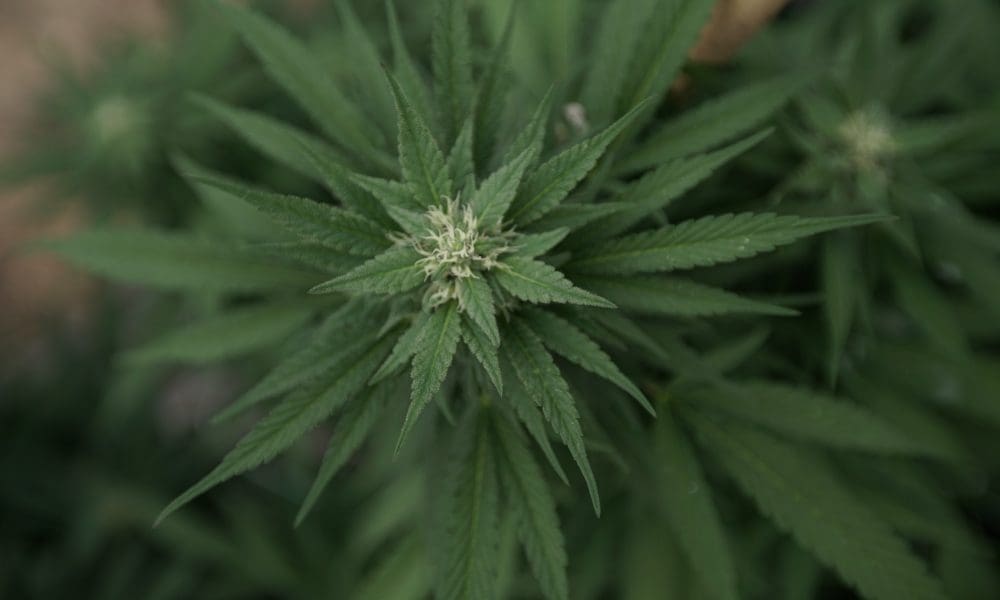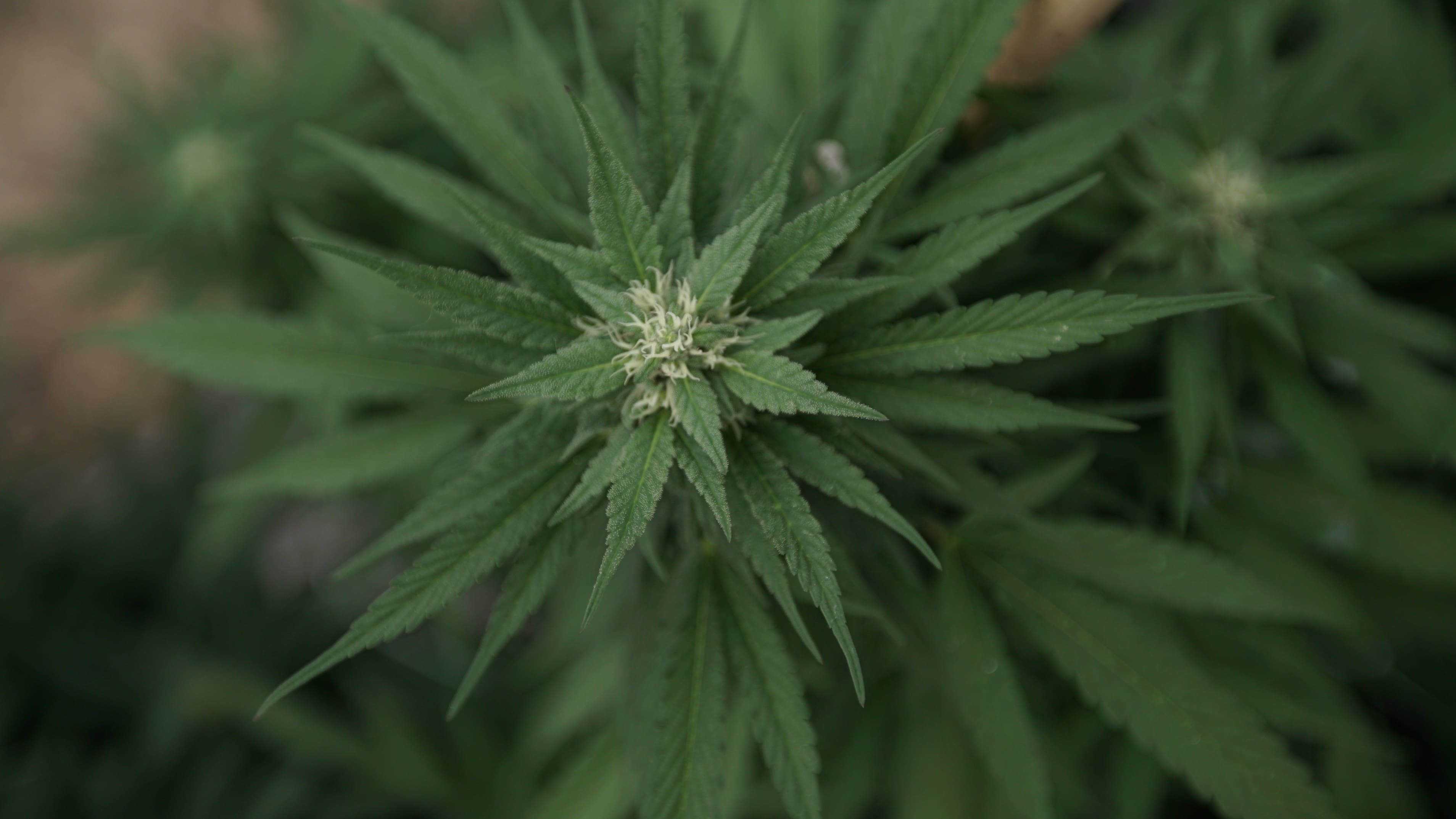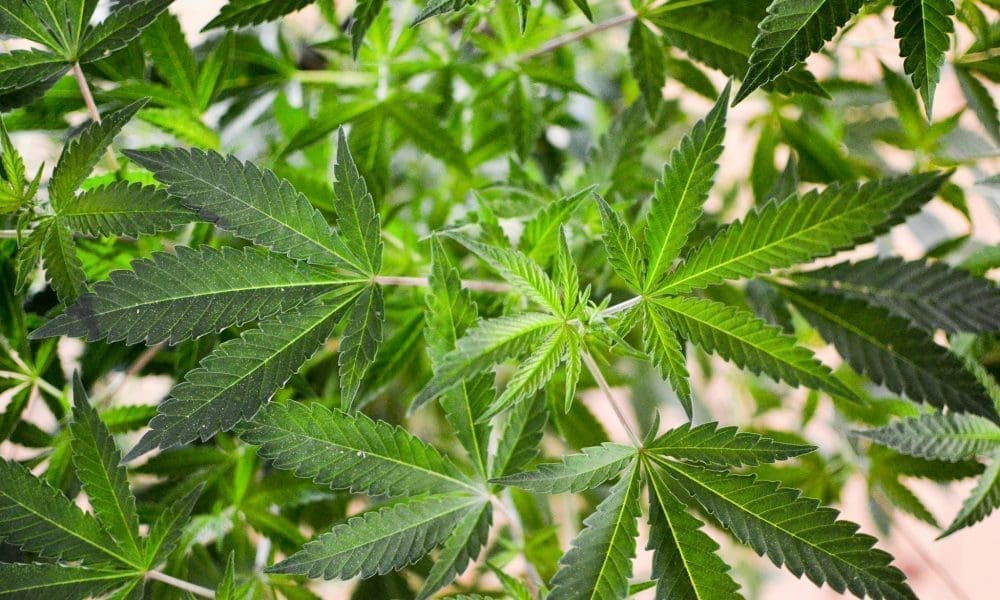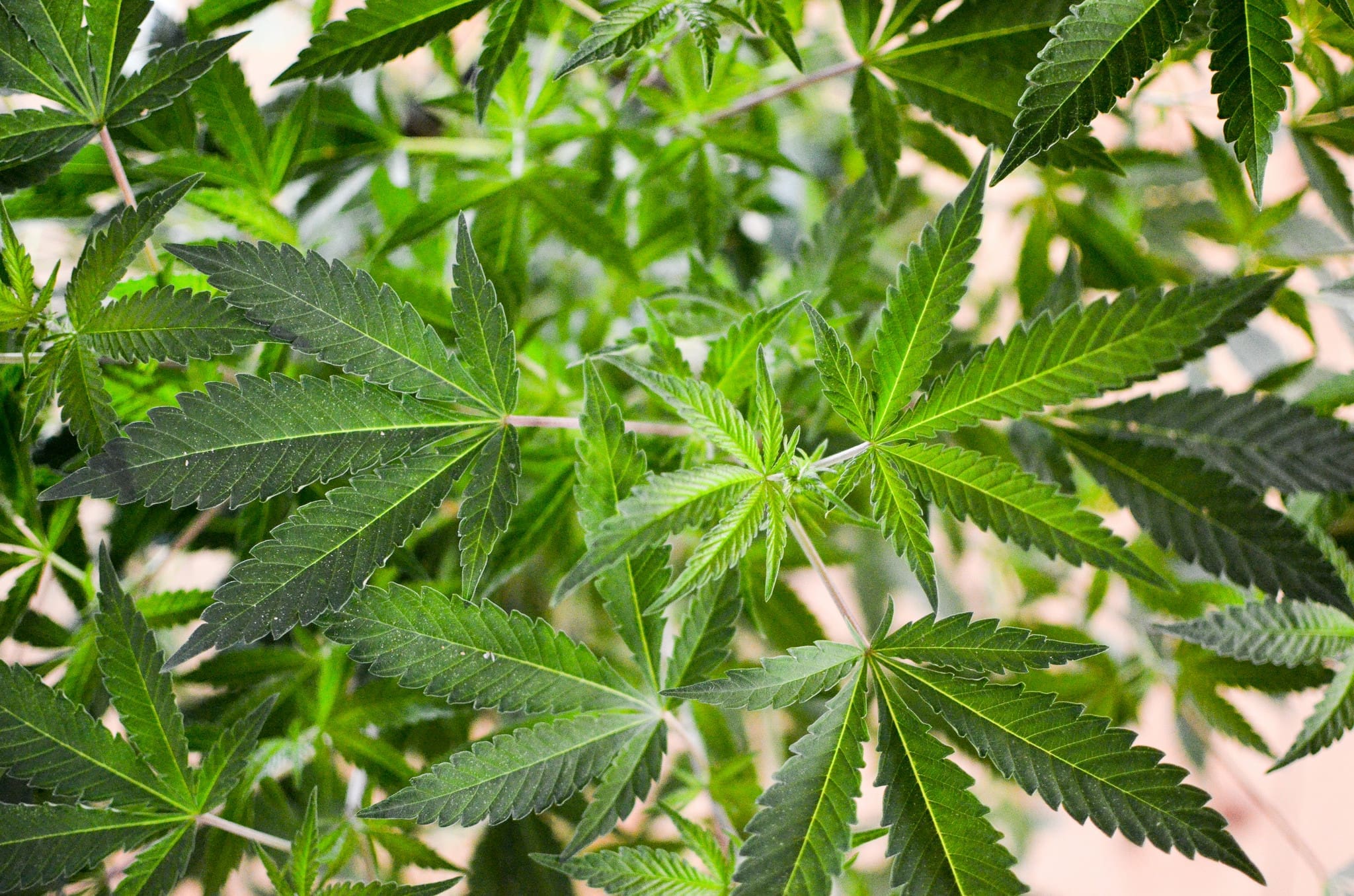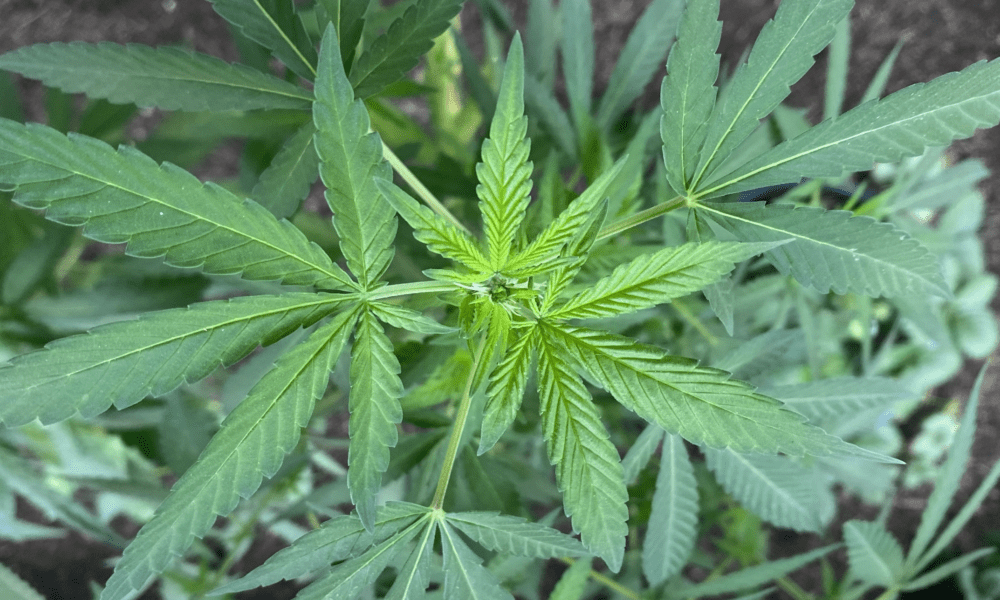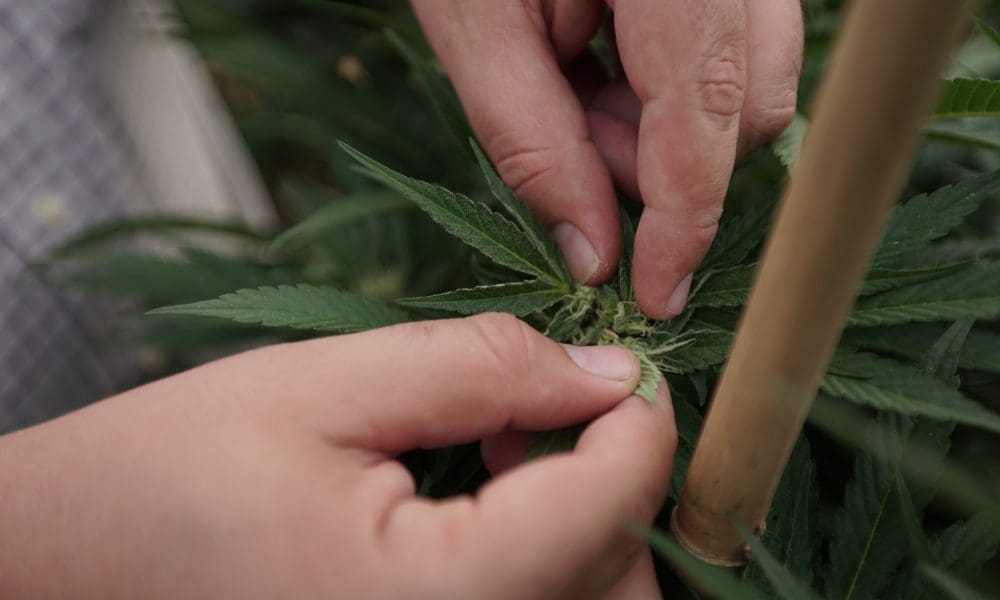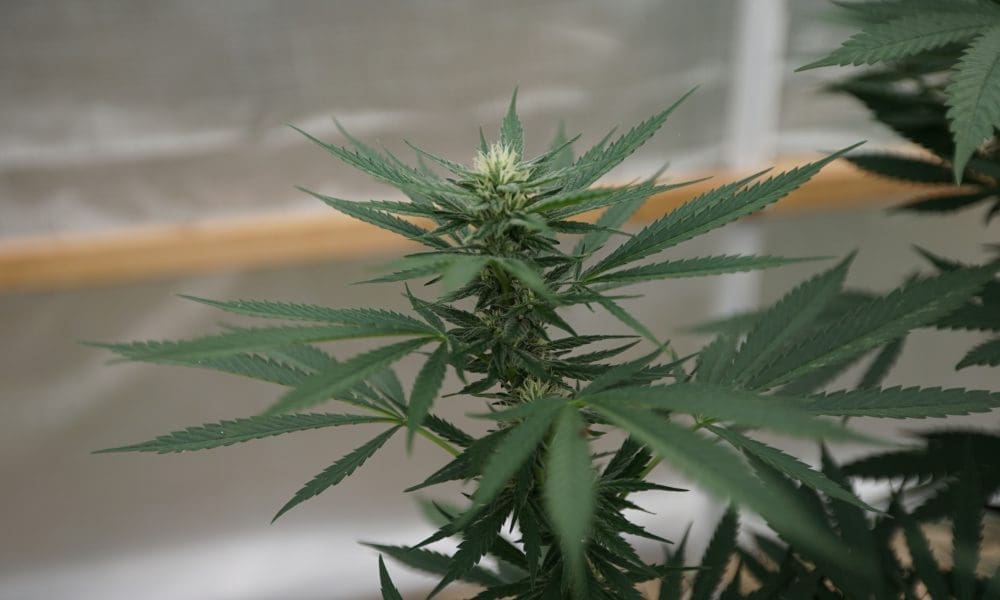Old Piney
Well-known member
Not sure if this is good or bad.On it's face it sounds good but what if it's just a power grab by the feds, how will it affect the states rights and the states basically ignoring federal law now .Just hope it doesn't end up in the hands of big pharma .don't trust the feds or this administration
We have some big news from our nation’s capital. The U.S. Drug Enforcement Administration (DEA) has reportedly proposed rescheduling cannabis from Schedule I to Schedule III under the Controlled Substances Act. Before taking effect, the DEA’s proposal must undergo public comment and official review by the White House Office of Management and Budget.
For Americans who live in a state with a medical cannabis program, and for many others across the country seeking access to medical cannabis, this is a positive step forward that will deliver real benefits for medical cannabis patients, providers, and researchers.
However, it is important to acknowledge that rescheduling would not affect the criminalization of medical cannabis patients and adult-use cannabis consumers under state laws. Given the strong support among American voters for comprehensive federal cannabis reform, this modest step forward will need to be followed by legislative action.
It is absurd to consider cannabis to be more dangerous than cocaine, as is the case today. It will remain absurd to consider cannabis to be more dangerous than alcohol, Xanax, and Valium, which will still be the case after this rescheduling takes effect.
Rescheduling cannabis will not resolve the conflicts between state and federal law, so we must also continue the work of enacting sensible and fair cannabis legalization at the state level – primarily by passing laws through legislatures.
MPP will maintain pressure on Congress and the Biden administration to enact comprehensive reform. At the same time, we’ll continue our work of dismantling prohibition state by state.
Matthew Schweich
Executive Director
Marijuana Policy Project
P.S. The core of MPP’s funding comes from monthly sustaining donors who provide consistent support so that we can continue replacing failed cannabis policies with sensible and equitable laws that work for everyone. Join our fight today by becoming a monthly sustainer!

